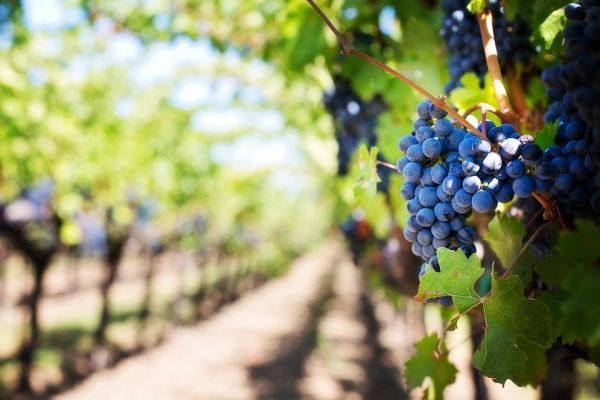As the first wildfire outbreaks of 2018 threaten communities in Oklahoma, Kansas and Texas, weather forecasters double down on tools to help fight fires.
articles
U.S. to see moderate flooding, warmer-than-normal temperatures
NOAA issued its three-month U.S. Spring Outlook today, highlighting a moderate risk of flooding in the Ohio River Valley basin and lower Mississippi River where streamflows and soil moisture are well above normal after major flooding from recent heavy rainfall.
Progress Toward a New Flu Treatment, Thanks to a Small Tweak
This year’s unexpectedly aggressive flu season reminds everyone that although the flu vaccine can reduce the number of people who contract the virus, it is still not 100 percent effective. Researchers report that a tweak to a small-molecule drug shows promise for future production of new antiviral therapies that could help patients, regardless of the strain with which they are infected.
New Genetic Test Detects Manatees' Recent Presence in Fresh or Saltwater
U.S. Geological Survey scientists have developed the first laboratory test that can pick up traces of manatees’ genetic material in the waterways where they live. Using a water sample collected in the field, the innovative environmental DNA test can reveal whether one or more of the elusive marine mammals has been in the area within the past month.
From Landfill to Lipstick: Grape Waste as a Cosmetic and Food Ingredient
The world drinks a lot of wine, and that means a lot of grapes are consumed every year. But not every part of the grape ends up in the bottle. Seeds, stalks and skins — roughly a quarter of the grapes —- are typically discarded in landfills as waste. But now, researchers say they have found some useful commercial applications, such as prolonging the shelf life of fatty foods, for these wine leftovers.
Revolutionary new filter can improve drinking water quality
UNSW scientists have developed a world-first, graphene-based, laboratory-scale filter that can remove more than 99% of the ubiquitous natural organic matter left behind during conventional treatment of drinking water.
In a research collaboration with Sydney Water, the team has demonstrated the success of the approach in laboratory tests on filtered water from the Nepean Water Filtration Plant in western Sydney, and is working to scale up the new technology.
The results of some of the ground-breaking research are published in the journal Carbon. The project is led by Dr Rakesh Joshi of the UNSW School of Materials Science and Engineering, in collaboration with Professor Veena Sahajwalla and Professor Vicki Chen of UNSW, and Dr Heriberto Bustamante of Sydney Water.










